|
Dr. Laura Eerkes-Medrano, University of Victoria. Global climate change brings with it local weather that communities and cultures have difficulty anticipating. Unpredictable and socially impactful weather is having negative effects on the subsistence, cultural activities, and safety of indigenous peoples in Arctic communities. Since 2013, Professor David Atkinson and his team at the University of Victoria have been working with Inuvialuit communities in Tuktoyaktuk, Ulukhaktok, and Sachs Harbour. The main goal is to understand how impactful weather is affecting residents’ subsistence activities, particularly when they are on the water. The project involves site visits, interviews, and regular phone calls with residents. Inuvialuit residents regularly observe the waves, winds, snow, and ice conditions that interfere with their hunting, fishing, camping, and other subsistence and cultural activities. In this project, communities identify specific weather events that impact their activities. These events are then linked to the broader atmospheric patterns that cause them. Summaries of the events will be provided to Environment Canada to hopefully assist with the forecasting process. By taking this approach, the project links Western scientific knowledge and traditional knowledge to generate insights into how climate change is affecting Inuvialuit activities in the Canadian Arctic. An oversight committee has been established in each community to give direction to the project. This oversight committee includes representatives from each of the main community organizations, which ensures that the respective organizations provide direction to the project and advise on how to engage residents and communities. While the focus of the project is activities on the water, interviews with residents have shed light on a number of other impacts on their culture and subsistence activities. During a team’s site visit to Tuktoyaktuk in April 2016, the mayor, Darrell Nasogaluak, a member of the oversight committee, told me that “in the past, people were good at weather forecasting because they would observe the weather daily. Very few people today observe the weather as our forefathers did in the past, [who] would go out and look around and be able to predict the weather accurately. Now most people work Monday to Friday and only go out on Saturday and Sunday. Their only reference for what the weather will be like is the Environment Canada weather forecast, which is often not very accurate.” Since they have only two days for outdoors activities, residents often go out even if the weather forecast is not very good. Their weather observations consist of taking a picture. Darrell Nasogaluak mentioned that in the past, people would remember what the weather was like and make connections to how it was on the preceding days. Residents would think about changes in wind direction and try to understand these changes and link them to potential causes. “I would go out and I would ask someone what direction the thunders would be coming from, and they would know without looking at the window,” Darrell said. “Or I would ask when was the first storm this year and they would remember when it was in December. They would just have that knowledge. Now we go out and ‘click’ [take a photo] and don’t remember what it was like yesterday, and there is nothing to build on. That is how people are observing weather today.” On a larger scale, people have observed changes in timing and duration of storms. In Tuktoyaktuk, residents mentioned that big storms at the end of August and beginning of September are becoming more common. They cause stronger waves and affect their caribou hunt, as residents use their boats to go to the calving grounds at this time of the year. One resident, Rita Green, explained that stronger waves have forced her to take part in the seal hunt, while her husband handles the boat. In the past, “only men hunted for seals, and these roles are changing,” she said during an interview in 2014. She also mentioned that on July 8 2017, she and her family faced strong west winds on their way back from Hendrickson Island, where they were hunting belugas, to Tuktoyaktuk. She said that it was very hard to navigate the 19-foot boat that she and three other family members were on. “It was so windy that waves were coming into the boat,” she said, “and we had to throw out some mutkuk and meat” to keep the boat stable. During a phone call on July 8 2017, Vernon Amos, a resident of Sachs Harbour, said that spring 2017 camping activities in Egg River, which traditionally take place in May, were affected both by a lack of snow on the ground and by rivers running high with melt water. He added that winter blizzards were formerly not that common, but this past winter the community experienced one blizzard after another, and larger than usual amounts of snow. By the end of April, warmer temperatures and strong winds caused the snow to melt quickly, which made it difficult to go camping using a snowmobile. On the way back from camping, residents had a hard time crossing the rivers. In the past these rivers would have been frozen, but now they were running high with water from melted snow. Hunters in Sachs Harbour are concerned about the riverine erosion and permafrost degradation. As the permafrost dries it becomes very hard, which makes it difficult to travel by snowmobile. Another concern is the potential increase in tourism, particularly cruise ship activity, which could negatively affect caribou migration. On a positive note, the community’s fuel consumption during the winter of 2016 was 20 percent less than average, according to residents.
In Ulukhaktok, residents are concerned about the changes in winds and sea ice thickness. The sea ice used to form in October or November, but in the winter of 2016 it did not form until mid-December. With warmer temperatures the ice has less time to form, which makes it thinner and causes it to melt earlier. Residents used to go duck hunting, an important springtime subsistence activity, by driving their snowmobiles to cracks on the sea ice that ducks follow, and then driving another ten miles to gather duck eggs. One resident recounted how his father would take the snowmobile in July to go duck hunting. Now residents feel lucky if they can still use snowmobile for this activity in June. In 2017, residents had to take their boats instead. Storm winds are also getting more intense. Where residents used to experience 30 to 50 km/h winds during storms, now the winds are reaching speeds of 50 to 70 km/h. People need to take more precautions while traveling. If the wind starts to blow while they are traveling by snowmobile, the sea ice can be very dangerous. Leads will open, and the east wind will take the ice away from the shore. according to residents interviewed during the spring of 2016. There is now a great deal of information on how weather and in turn weather trends affect Inuvialuit activities on the water. This project is revealing that the impact of changing weather patterns is also felt across cultural and subsistence pursuits, and residents of the Arctic are having to adapt. Climate change is already affecting Inuvialuit lives in profound ways. This project was funded by the Marine Environmental Observation Prediction and Response Network (MEOPAR).
yourmumwierd
10/22/2018 08:28:27 am
you gay
LGBT Rights
3/14/2019 02:47:38 am
BWOK BWOK BWOK
name
9/6/2019 12:20:52 am
you got me!
dddd
4/12/2019 12:49:21 pm
hi my names jeffy lol jhahdhehd
Thank you for your post. This is excellent information. It is amazing and wonderful to visit your site.
Yormumwierd
10/22/2018 08:58:34 am
This site should earn the reward for most unhelpful site ever
cumface
3/14/2019 02:46:11 am
lollipop dipped in seawater
charlie whiting
3/14/2019 02:46:52 am
NEEUMMMM
During the Joseon Dynasty, as the Ming Dynasty and the diplomatic
Sabir Hussian
5/15/2020 04:36:42 am
Hello! This is Sabir Hussain from Konkuk University, Seoul, South Korea. Sir I am working in the department of Geography. Sir from last few years I am working on Climate change and the Inuit People in the Canadian Arctic region. One of my research article entitle as "Evaluation of variability and changing trend of temperature in the Arctic region of Canada" is in the peer review process. I reviewed some of your research articles for my study. Your studies are very informative based on primary data and information. Comments are closed.
|
Archives
March 2022
Categories
All
|

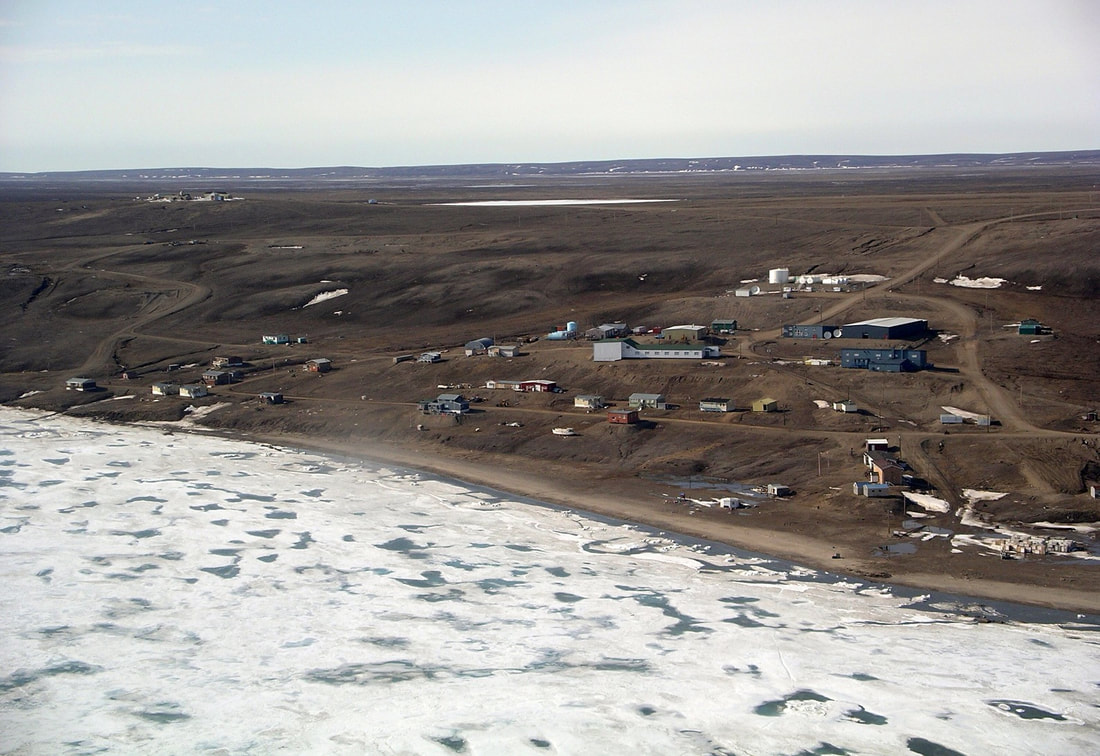
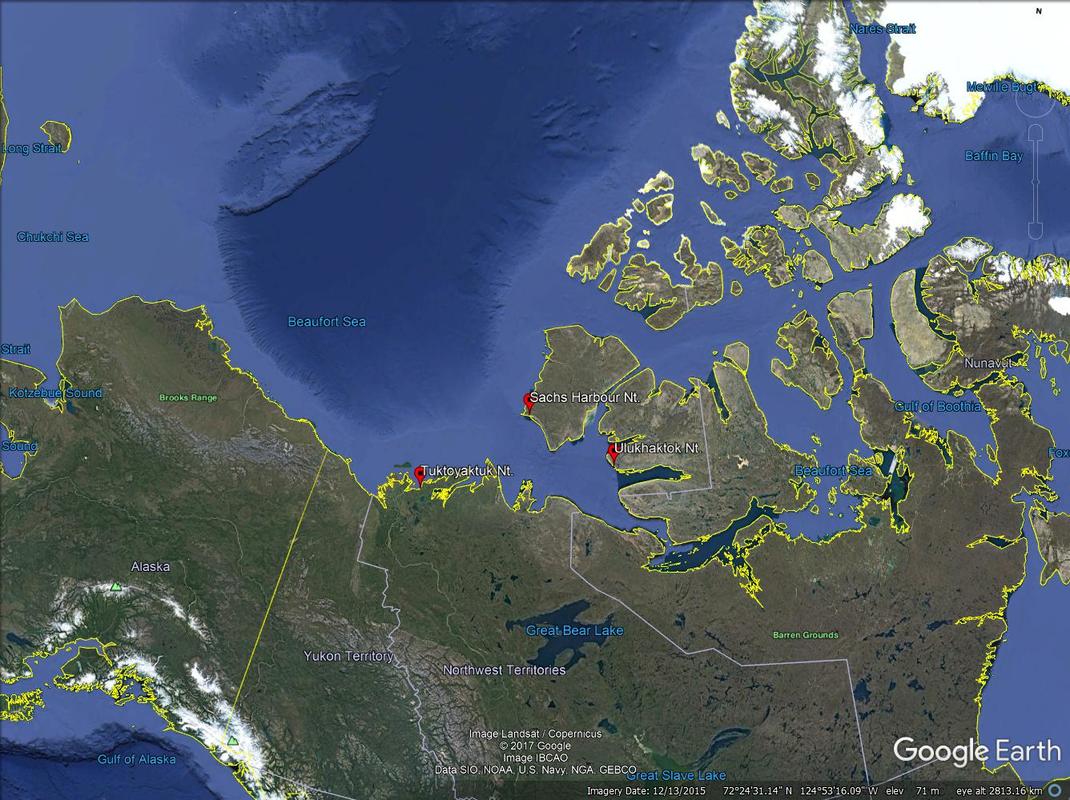
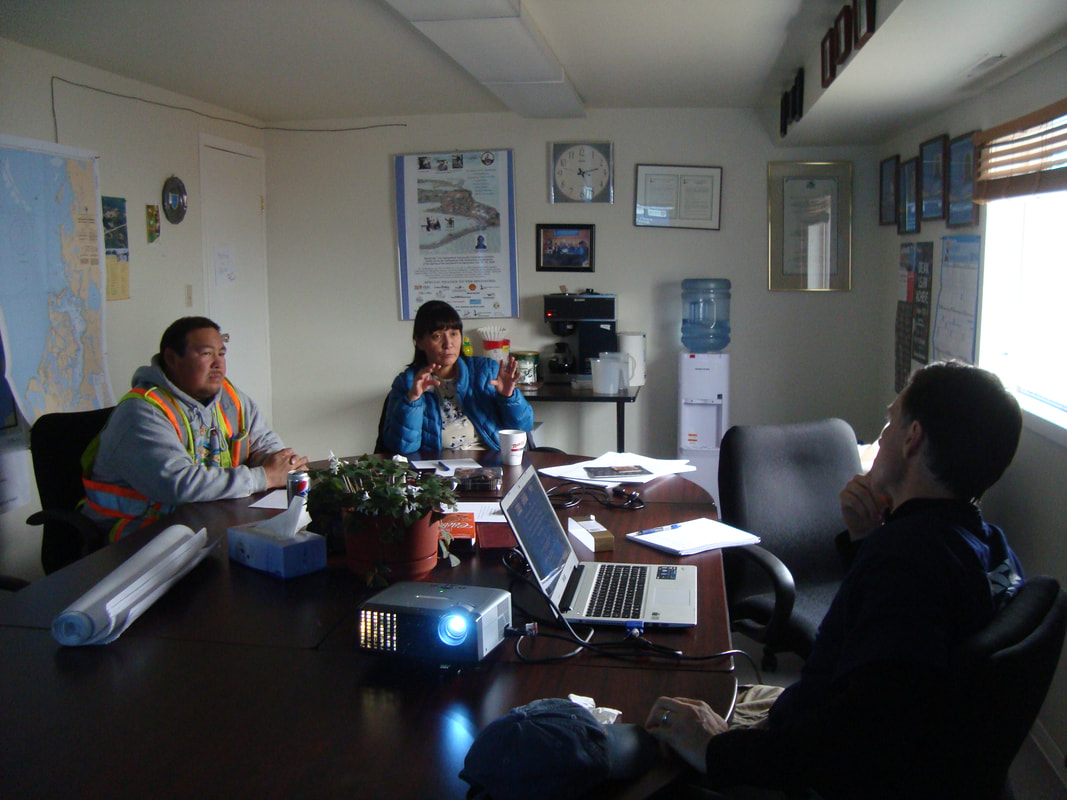
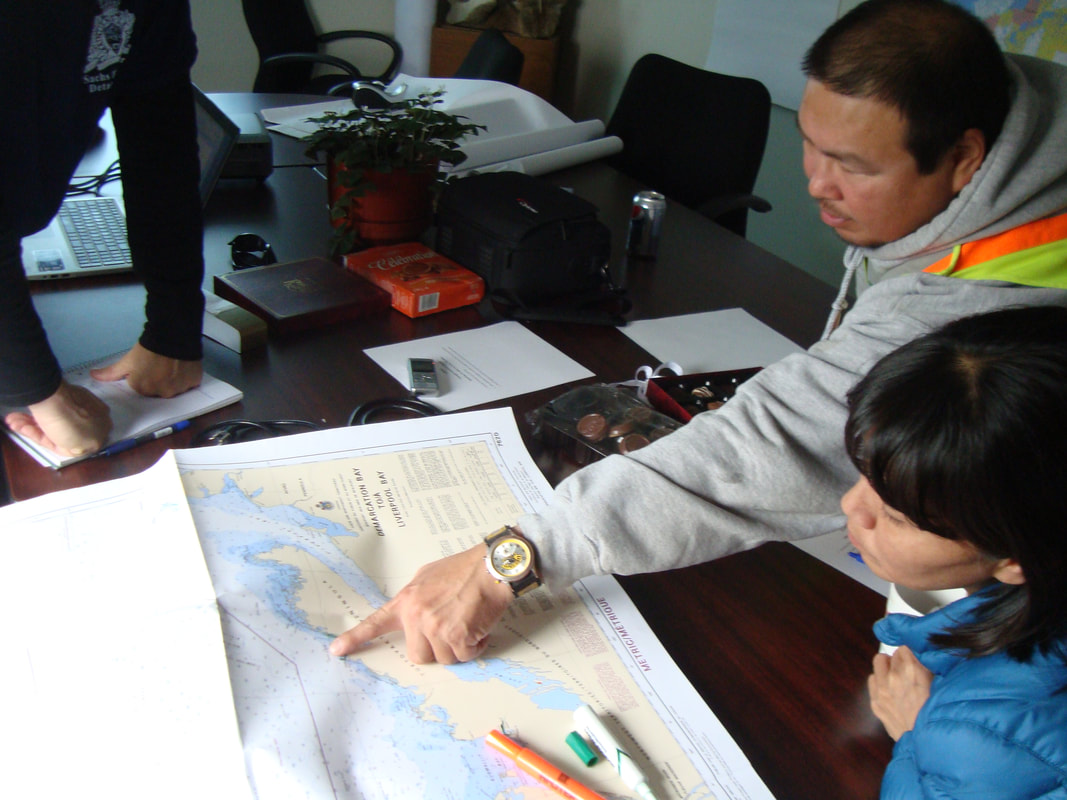
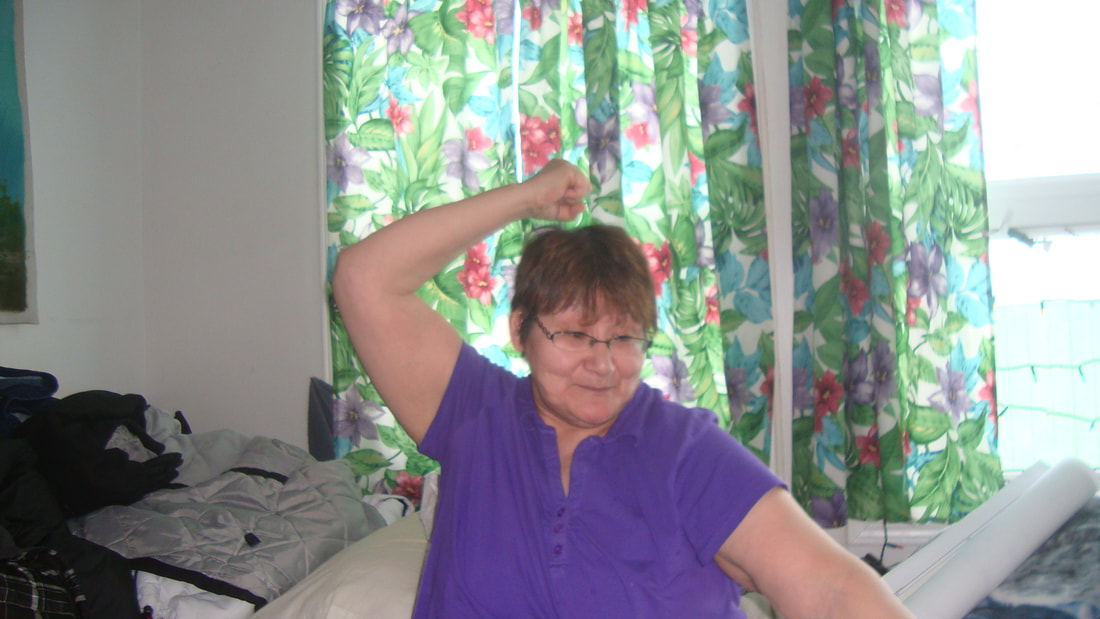
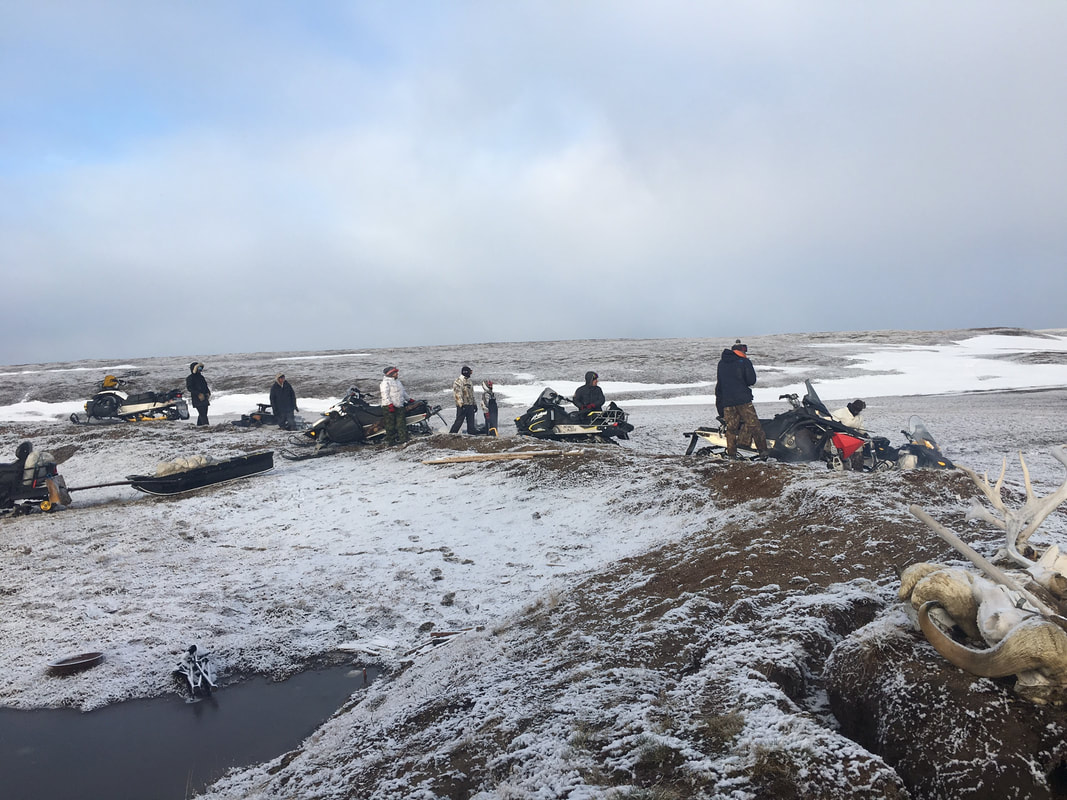
 RSS Feed
RSS Feed